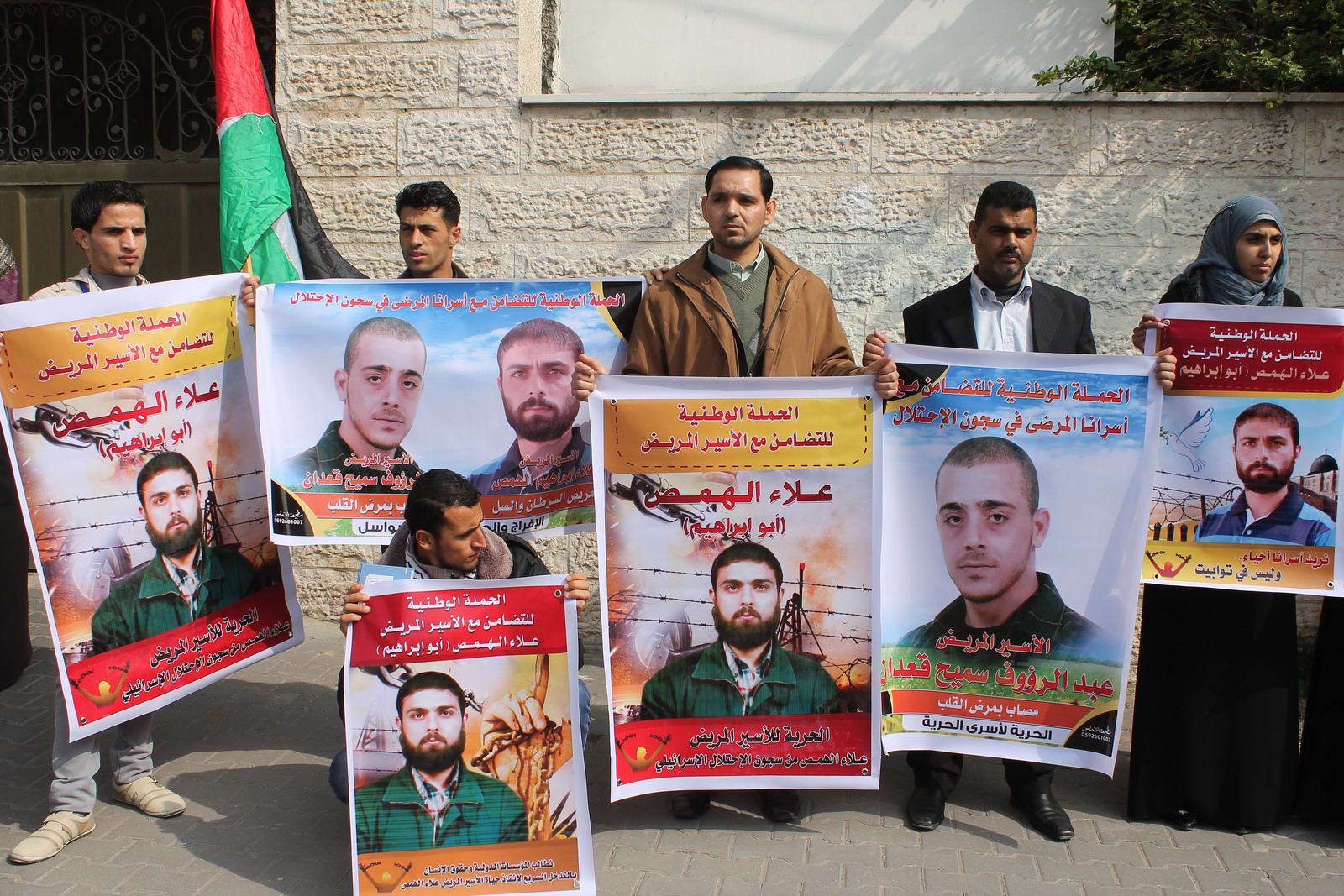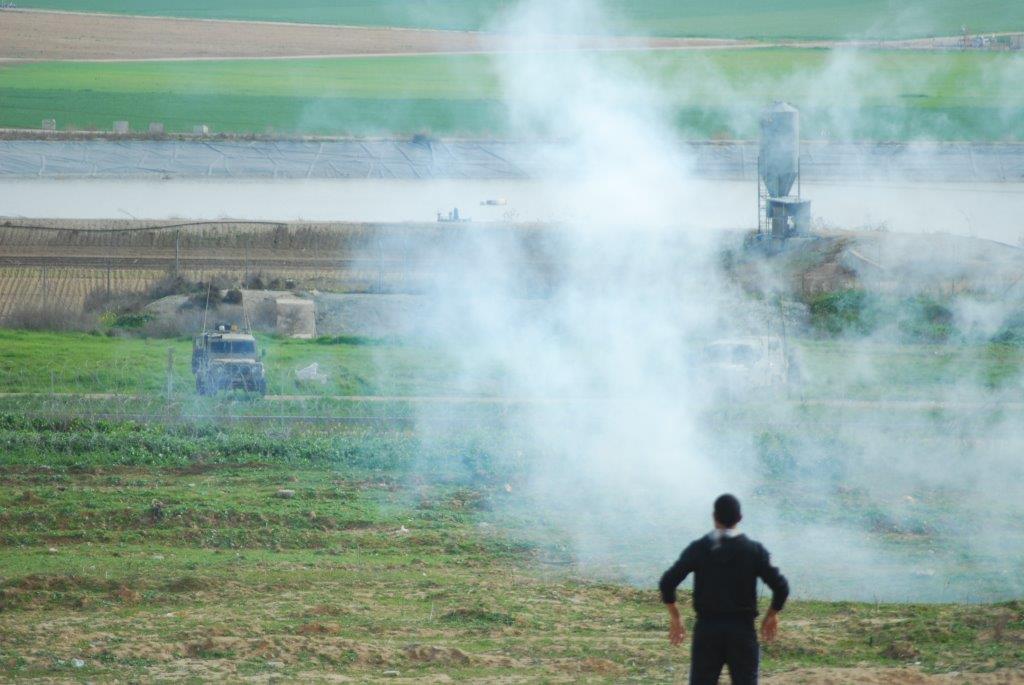Category: Gaza
-
Bahaa runs for Palestine
4th March 2014 | International Solidarity Movement, Rosa Schiano | Gaza, Occupied Palestine In the shadow of the bleachers of Yarmouk stadium in Gaza City, still damaged by Israeli bombing, 400-meter Olympic runner Bahaa Al Farra trains. Bahaa took part in the London Olympics, along with three other Palestinian athletes, in 2012. “I started racing at the age…
-
PHOTOS: Palestinians rally in Gaza for hunger-striking and sick detainees
2nd March 2014 | International Solidarity Movement, Gaza Team | Gaza, Occupied Palestine In recent weeks, protests for both sick Palestinian detainees and those engaging in long-term hunger strikes have increased in the Gaza Strip. Last Monday morning, following a regular weekly sit-in in the International Committee of the Red Cross’ Gaza office, demonstrators rallied…
-
Video and photos: Israeli bullets and tear gas target popular resistance in Gaza
25th February 2014 | International Solidarity Movement, Charlie Andreasson | Gaza, Occupied Palestine (Video by Marco Varasio) At al-Shifa hospital Mohammed Helles, age 14, is laying in a coma with an uncertain outcome after he was shot, with what appeared, to be a tear-gas canister in the head and parts of it penetrated his brain. He had…



